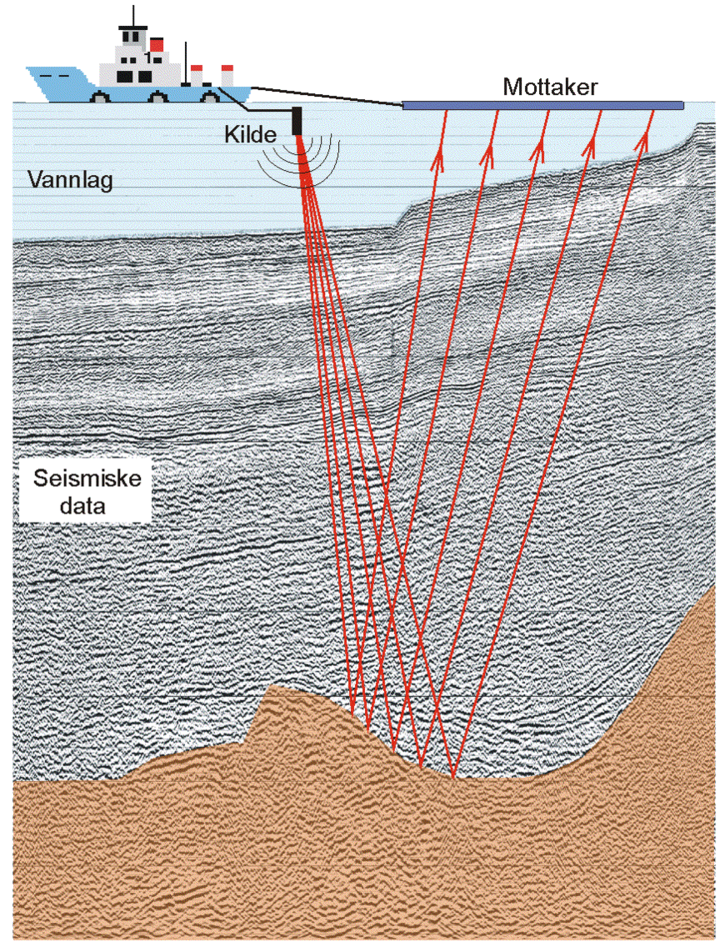All Categories
Featured
Table of Contents
What Does A Geophysicist Do? in Kallaroo Aus 2020
This work is significantly contracted out, so consultancies provide another source of work. Consultancy companies vary in size, from really small business to big multinationals. Some consultancies are rather specialised in using specific geophysical methods or working in specific locations, while others offer a more diverse series of services to their customers.
The extraction of gas from land fill websites is another area of work and this might grow in the future. Exploration business might undertake work for building companies, water business, mining business and environmental agencies, so geophysicists may be utilized in any of these settings. Other companies consist of: geological surveysgovernment bodies and agenciesuniversities and research study institutes.


Vacancies might be listed in the oil and gas sector press. Recruitment is impacted by oil cost fluctuations and the level of competition for positions varies depending upon this. Professions Days, which cover the complete series of geoscience professions and are typically attended by a variety of crucial market companies, are run by The Geological Society.
What Is Geophysics? in Mt Richon WA 2020
Some of the big oil and gas companies offer a full two-year structured training program across the breadth of geophysics, consisting of the opportunity to experience operate in different groups prior to specialising in one location. Your training may consist of work on: existing wellsmagnetic and gravitational prospective field data analysisresearchrock analysis. Nevertheless, it's more typical for your preliminary training to be provided on the job.

There may be a probationary duration during which you work alongside a skilled colleague. Competency-based appraisals take location routinely in most firms. In smaller sized companies, and for scholastic posts, there is unlikely to be any official training - you'll be expected to start work straightaway and get skills as you go along.
If you work for a smaller company, you might find that you need to take duty for setting up and moneying your own development and training. If you have a geology degree, subscription of The Geological Society can be useful for networking and for keeping up to date with the industry.
Recent Advances In Optimized Geophysical Survey Design in Lynwood Aus 2023
You might also find it beneficial to join the PESGB (The Petroleum Exploration Society of Great Britain, which has a geophysics unique interest group. After a probationary period, and when you have actually acquired some experience, you could progress to senior geophysicist, then group leader and then into a senior role in management.
The ease of movement between functions depends upon the company structure. Research study at Masters or Ph, D level in a subject related to geophysics or geosciences may assist with your profession development and development. The employment market within the oil and gas industry is really dependent on cost and this might impact your chances for profession development.
For knowledgeable geophysicists, freelance consultancy offers a good path for career development. As a geophysicist, you're most likely to have numerous jobs throughout your working life.
How To Become A Geophysicist in City Beach Western Australia 2023
From geophysics, it's possible to focus on seismology (finishing additional training to become a seismic interpreter) or to move into related locations such as engineering geology or risk prediction.
Choosing what to study in college is a tough choice. Even if you understand that your field of interest lies in science, what program of research study is right for you? If you make the choice to significant in physical and biological sciences and pursue a profession as a geophysicist, you're getting ready for an exciting and rewarding occupation.
The first step to achieving your goal of ending up being a geophysicist is earning a degree. Even for entry-level positions in the field of geoscience, you'll require a bachelor's degree (a geophysicist college degree) from a recognized college or university. Some research positions require candidates to hold master's degrees or even Ph.
How To Become A Geophysicist in Nollamara WA 2020
Postgraduate degree are especially essential if you prepare to teach at a four-year institution. Geophysicists apply physics concepts and techniques to study the gravitational, magnetic, and electrical fields of the earth. This furthers scientists' knowledge of both the world's interior core and its surface. Geophysicists need to have the ability to: evaluate rocks, pictures, and other pieces of data conduct research both in the field and in laboratories produce maps and charts of their findings compose reports To accomplish all this, trainees require a specialized education for geophysicist careers.
As specified above, you'll require a bachelor's degree in geoscience or a related discipline, such as a physical science or a life sciences, to land an entry-level task. But trainees can also prepare by majoring in subjects like: Biology Chemistry Computer system science Engineering Mathematics Physics The above geophysicist majors provide a more generalized technique to a single scientific discipline, however the majority of programs require students to take several geology course.
Latest Posts
Geophysical Surveys - U.s. Geological Survey in Wandi Western Australia 2023
Geophysics in Mount Claremont Aus 2020
Geophysical Survey in Casaurina Aus 2020